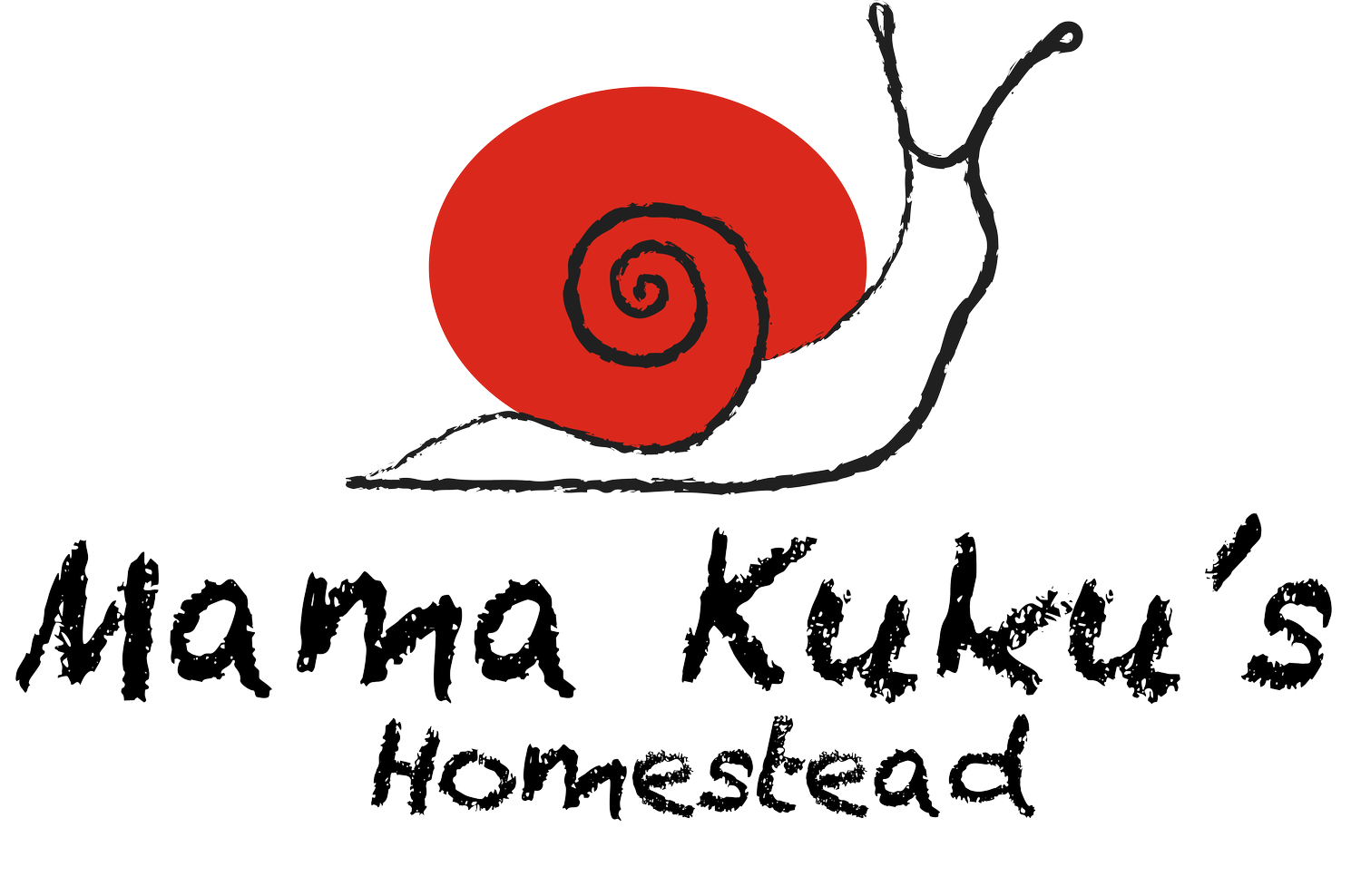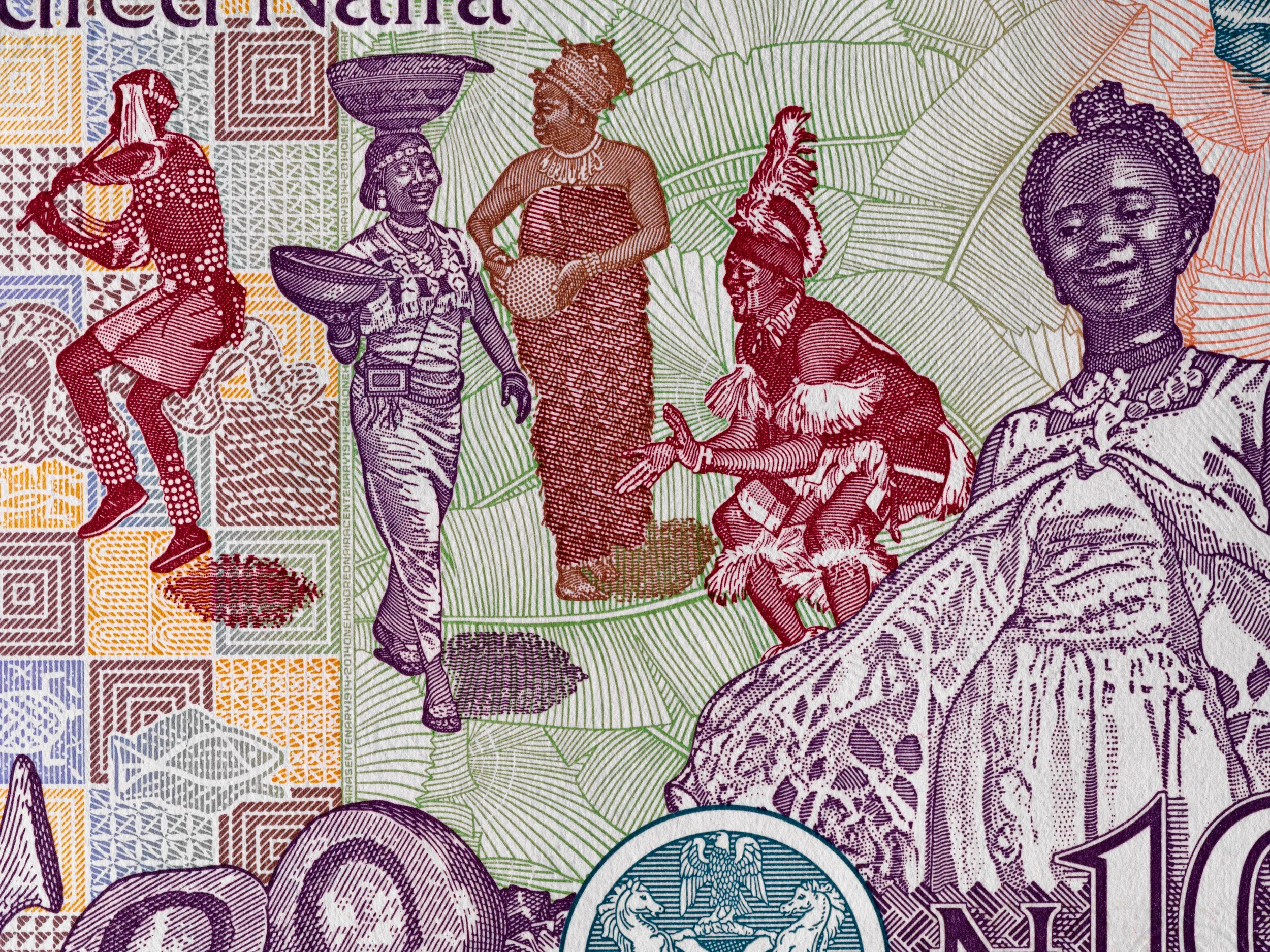🤷🏾♀️Why are Africans in the U.S. afraid to farm snails?
A certain kind of wisdom lives in the hands of African aunties. You’ll see it in the way they tighten head ties without a mirror. In how they fold fresh stockfish into bubbling pots like sacred geometry. In their ability to stretch every scrap into something nourishing.
Art by vkilikov
I think about those women often; especially now, as I design a compost reactor powered by snails.
With the early funding HHH received from The Christopher Reynolds foundation, we set out to patent the BioCycle Hub and its sibling, BioCycle EscarGrow.
Which still feels a little wild to say. These aren’t just machines. They’re living systems that transform food waste into soil, escargot, and learning; all in one circular loop. They’re the kind of inventions I wish I had seen growing up. Not just because they’re functional, but because they’re familiar.
Where I come from, escargot isn’t exotic. It’s expected. It’s Sunday soup. It’s family pride. We clean them with lime and salt, then pepper and stew and eat them with reverence… aka, our hands. . .
But ask most Nigerians in the U.S. if they’d ever farm snails?
“God forbid. That’s village work.”
There’s a tension there I couldn’t ignore. We value the product but not the process. We’ve inherited a palate, but not the infrastructure. That gap is where my work lives.
I am product designer, through and through. I built systems for Fidelity, Jeep, Affinity Bands, and even my own start-ups. I understand usability, and I understand fatigue; especially the kind that comes from constantly adjusting to tools that weren’t made for us.
When my eldest was a toddler, I ran a community garden and quickly saw how waste management wasn’t just about bins or signage. It was about relationship. About teaching kids that composting isn’t gross; it’s genius. That food doesn’t just disappear. That soil is a living thing. That farming isn’t a fallback; it’s a future.
People don’t change behavior just because you explain something to them. They change when they feel seen. When the invitation feels personal.
So I designed it. Aaayye.
The BioCycle Hub is a solar-powered, relocatable system for turning food waste into regenerative value. It harvests, composts, grows, and teaches.
The EscarGrow is its smart countertop companion; an elegant, sealed snail habitat for homes, schools, and test kitchens. Together, they’re a call and response. A whisper that says: your ancestors knew how to do this. Here’s how you might begin again.
What we’re offering isn’t just tech; it’s a behavior shift:
👉 From throwing food away to reimagining it as soil.
👉 From seeing snail farming as “lowly” to recognizing it as biomimicry.
👉 From ignoring climate collapse to becoming a small part of the solution.
👉 From waiting on systems to change us… to designing the systems ourselves.
There’s no part of this project that feels accidental. Not the snails. Not the modularity. Not the way my design practice, farm work, and painting hands have started to blur.
And if it surprises people that a Nigerian woman is behind the first patent-pending snail composting appliance in the U.S. — good. Let it. If we’re going to rewrite what innovation looks like, we may as well start with something familiar — a familiar ingredient.


